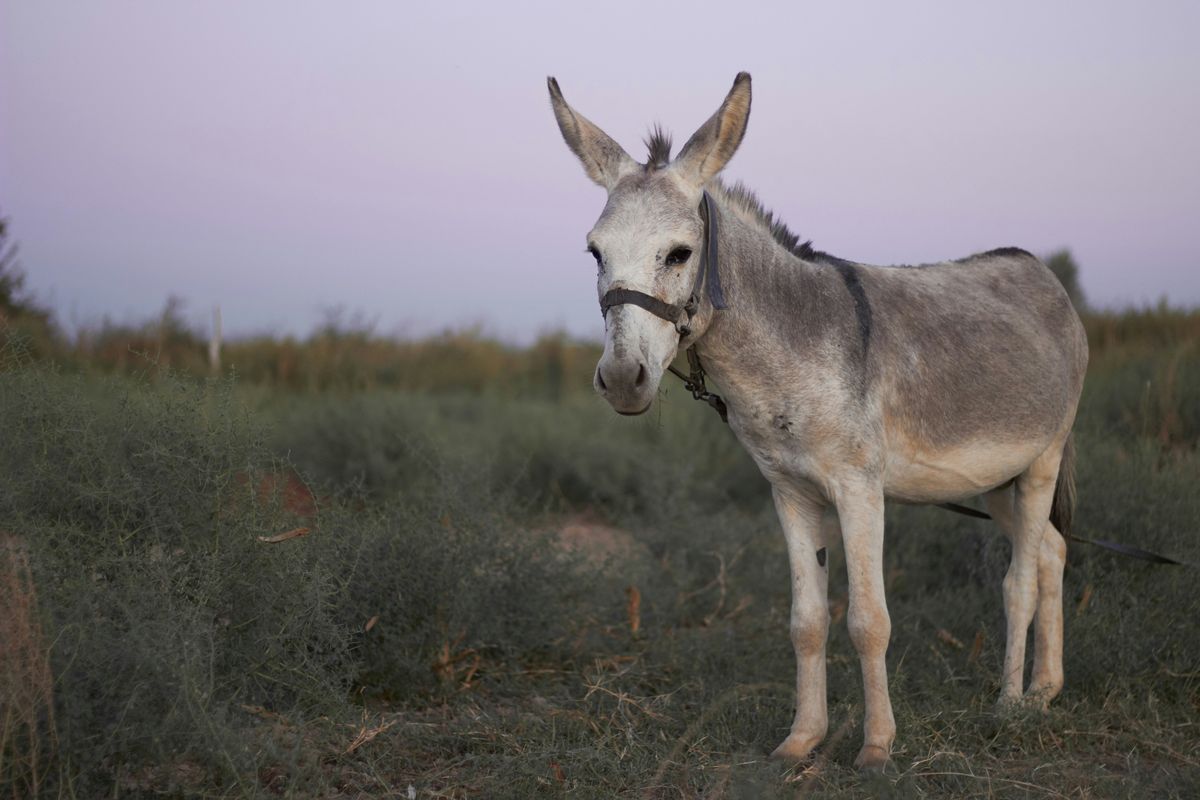China warns of investment fallout after Pakistan revokes donkey farm licenses
Chinese investors have reportedly invested millions of dollars in donkey breeding and export projects across various regions of Pakistan

Shahzad Raza
Correspondent
Shahzad; a journalist with 12+ years of experience, working in Multi Media. Worked in Field, covered Big Legal Constitutional and Political Events in Pakistan since 2012. Graduate of Islamic University Islamabad.

China has expressed serious concerns over Pakistan’s decision to cancel licenses of Chinese companies involved in donkey farming, warning that the move could jeopardize current and future Chinese investments in the sector.
According to sources who spoke with Nukta, Chinese officials have conveyed their displeasure to the Prime Minister’s Office after relevant departments, including the Ministry of National Food Security and Research (MNFSR), revoked the licenses. Chinese investors have reportedly invested millions of dollars in donkey breeding and export projects across various regions of Pakistan, including Islamabad.
The cancellation followed a recent crackdown by the Islamabad administration, during which illegally sold donkey meat was confiscated.
Recently, the Economic Coordination Committee—the country's highest economic decision-making body—also directed authorities to intensify monitoring of donkey meat and hide processing to ensure these products do not infiltrate local markets.
The MNFSR had already pushed for a ban on the export of donkey hides back in 2015, citing unethical practices and illegal slaughtering. While the ban remains in effect, limited exemptions are granted for companies operating within Export Processing Zones (EPZs) and the Gwadar Free Zone (GFZ) areas regulated to minimize the risk of smuggling and illegal trade.
Following the ECC’s directive, the Ministry of Commerce issued a notification allowing only companies with registered and approved slaughterhouses within the Gwadar Free Zone to export donkey hides.
However, experts told Nukta that donkey farming typically requires at least three years before animals are suitable for meat and hide export and water availability is crucial. Gwadar, already facing severe water shortages, poses serious logistical challenges for such farming operations.
Donkey skin is highly prized in traditional Chinese medicine, especially for producing Ejiao, a gelatin used to treat various ailments.
Despite growing interest and investment, Pakistan has yet to officially export live donkeys or donkey meat.
A consultative workshop held in August also shed light on alarming trends: out of the 55.5 million donkeys worldwide, nearly 6 million are slaughtered annually primarily for their hides.
Experts at the workshop stressed the importance of working animals like donkeys, horses, and mules for marginalized communities in rural Pakistan. They warned of a rising global black market in donkey hides and called for a balanced policy that safeguards both economic opportunities and animal welfare.
Nukta reached out to the Secretary of the Ministry of National Food Security and Research and the prime minister’s advisor for comments, but received no response by the time of publication.










Comments
See what people are discussing